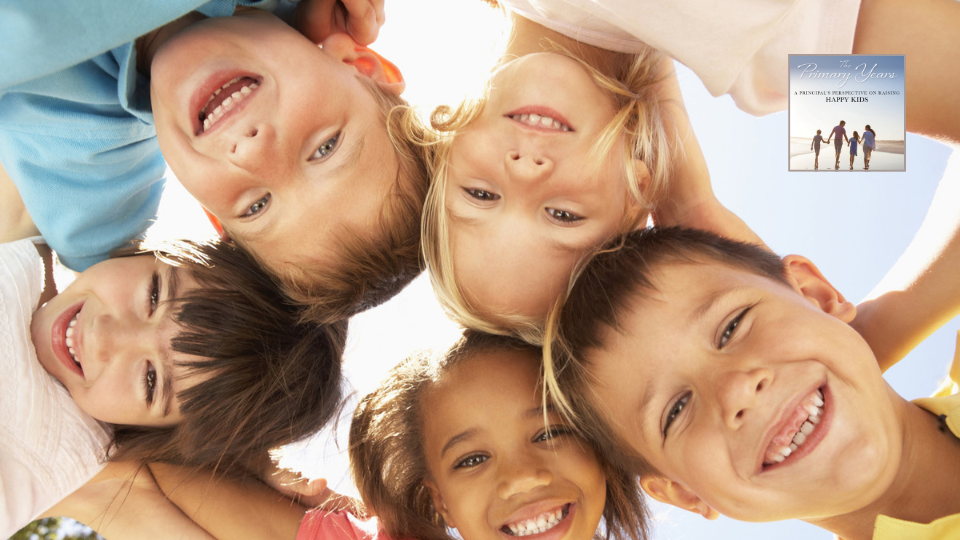
How to Help Your Child Keep Friends: Simple Tips for Parents
Friendships are a big part of growing up. They help kids feel happy, supported, and confident. But keeping friends takes effort, and it’s not always easy. With a little guidance from you, your child can learn how to build lasting friendships and navigate social ups and downs.

Understanding Your Child’s Weekly Challenges at School And How You Can Help
As a parent, understanding what your child faces at school can help you provide meaningful support at home. Here’s a guide to some common challenges children encounter and simple actionable ways to help them thrive.

Helping Your Child Navigate Friendships and Challenges
Navigating friendships, forming them, losing them, and finding new ones is a natural part of childhood and essential for social and emotional growth. Here are five impactful ways parents can guide their children in fostering strong, healthy friendships and overcoming the challenges that come with them.

Developing good mental health in your child
Building a strong foundation for your child's mental health starts with ensuring they feel safe and happy. Discover practical tips to nurture their well-being during those crucial early years. Gail Smith shares some suggestions to help your child thrive emotionally and mentally.

Friendships are important in your child’s life
Friendships are essential for a child’s development and social skills. Here are some things to consider when your children are creating friendships.

What to think about at this stage of the school year
This school year is coming to an end. Here are some parenting suggestions to prepare and positively embrace change with your child.

Help your child to accept and enjoy their differences
Children's uniqueness is a crucial part of who they are as individuals. Read some parenting tips to consider on how to embrace and positively encourage diversity.

How to understand how friendship works with your child
A child often learns the hard way what really defines a friend and it is our job as parents to gently ease them through this process. It is not our role to choose friends for them or to simply approve of the ones we like. Remember it is their exploratory journey to find out what best kind of friendship works for them. Read here for some different ways to help them navigate friendships.